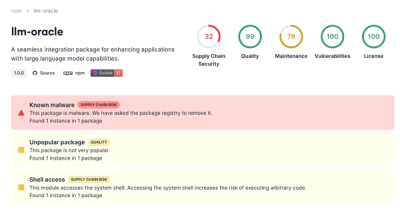Compile LWC HTML template for consumption at runtime.
Compile a LWC template to javascript source code consumable by the engine.
-
name (type: string, optional, undefined by default) - name of the component, e.g. foo in x/foo.
-
namespace (type: string, optional, undefined by default) - namespace of the component, e.g. x in x/foo.
-
experimentalComputedMemberExpression (boolean, optional, false by default) - set to true to enable computed member expression in the template, eg: {list[0].name}.
-
experimentalComplexExpressions (boolean, optional, false by default) - set to true to enable use of (a subset of) JavaScript expressions in place of template bindings.
-
experimentalDynamicDirective (boolean, optional, false by default) - set to true to allow the usage of lwc:dynamic directives in the template.
-
enableDynamicComponents (boolean, optional, false by default) - set to true to enable lwc:is directive in the template.
-
preserveHtmlComments (boolean, optional, false by default) - set to true to disable the default behavior of stripping HTML comments.
-
enableStaticContentOptimization (boolean, optional, true by default) - set to false to disable static content optimizations.
-
enableLwcSpread (boolean, optional, true by default) - Deprecated. Ignored by template-compiler. lwc:spread is always enabled.
-
customRendererConfig (CustomRendererConfig, optional) - specifies a configuration to use to match elements. Matched elements will get a custom renderer hook in the generated template.
-
instrumentation (InstrumentationObject, optional) - instrumentation object to gather metrics and non-error logs for internal use. See the @lwc/errors package for details on the interface.
-
disableSyntheticShadowSupport (type: boolean, default: false) - Set to true if synthetic shadow DOM support is not needed, which can result in smaller/faster output.
-
Example 1: Config to match <use> elements under the svg namespace and have href attribute set.
{
customRendererConfig: {
directives: [],
elements: [
{
tagName: 'use',
namespace: 'http://www.w3.org/2000/svg',
attributes: ['href']
}
]
}
}
-
Example 2: Config to match <script> elements regardless of the attribute set. Note: When attributes is not specified, attribute matching is skipped.
{
customRendererConfig: {
directives: [],
elements: [
{
tagName: 'script'
}
]
}
}
-
apiVersion (type: number, optional) - API version to associate with the compiled template.



